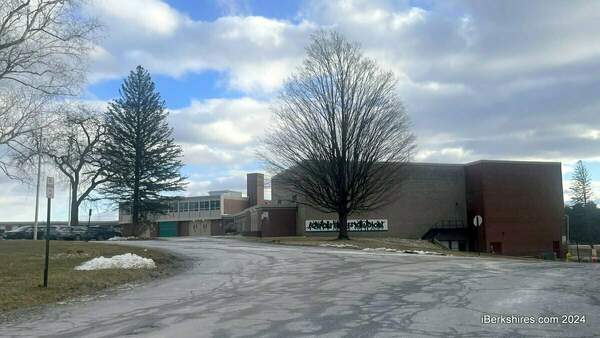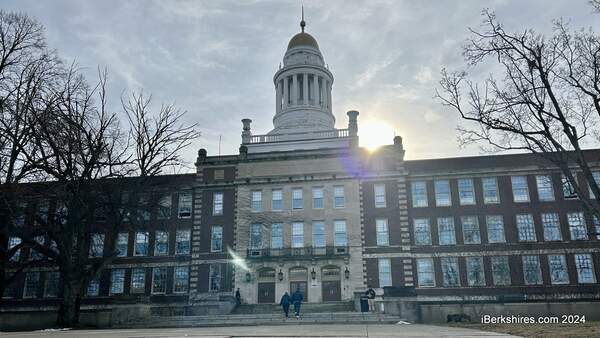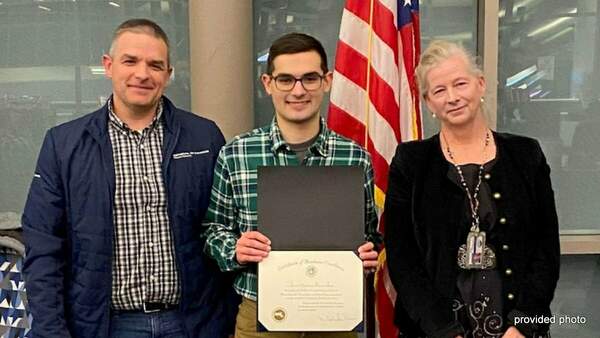Pittsfield Schools See Fewer Cell Phone Violations
PITTSFIELD, Mass. — The updated cell phone regulations continue to show progress at Pittsfield schools.
There were 416 log entries for violations towards the end of September while in September 2023, there were almost 1,000. This is attributed to a recently updated policy that imposes clear consequences for unauthorized cell phone use.
"Unless something really bad happens in the next four days with cell phone Armageddon, we're probably going to be well under, in terms of log entries, where we were last year at this time," Matthew Bishop, interim assistant superintendent of instruction, assessment, education, and engagement, said.
"Which is just encouraging."
He delivered a regular update to the School Committee on cell phone infractions last week. The updated policy begins with documentation of the cell phone infraction and by the fourth, the student is assigned Restorative In-School Education (RISE,) and a caregiver must pick up the device.
A tiered cell phone policy was accepted last summer and after more than 6,300 infractions occurred in the subsequent school year, administrators went back to the drawing board.
"I think it's worth reiterating every time we talk about this that we haven't changed the policy," Bishop said.
"The policy still says cell phones have always not been allowed as it's outlined in our policy manual. It’s our response to violations of the policy that we have sort of tinkered with over time here."
Of last month’s entries, 414 of them were at the secondary level, meaning middle and high school. Bishop reported that it is "very rare" in elementary schools.
Grades 7 and 8 are the highest offenders and there are the most infractions on Wednesdays. One student was assigned out-of-school suspension.
Bishop met with vice principals and deans of secondary schools to mull the positive outcomes and challenges of the policy. According to the conversation, teachers are seeing less classroom use and feel the new guidance is helpful and clear.
"Before, it seemed it was wider, it was open for more wide interpretation about what's a violation and how many you get," he reported.
"This is a lot more clear and so teachers are feeling like they're more unified in this and because of that, they're feeling a stronger sense of support. So students are putting phones away and leaving them away if someone gets called to the room to speak to them about it and a lot of praise that they feel the response is clear and predictable."
He explained that the district wants to put more time into correcting, remediating, and reteaching students when infractions are piling up and do it efficiently.
Students have reportedly been looking for ways to beat the system, taking longer bathroom breaks and taking the long way to class for phone use.
"We’re working on that and some inconsistencies, particularly around earbuds and smartwatches, we're working on trying to make sure those are considered," Bishop said.
He said that there have been meaningful conversations at the individual and school-wide levels about why this is done but some secondary students cannot be convinced.
The school leaders also talked about innovative and creative solutions to the cell phone problem, such as setting goals and sharing data. They will now look at the causes of cell phone violations to see if they can address them before students see infractions.
"When we see the dip we saw last year in referrals, we want it to be because kids are doing what we're asking them to, not because teachers are giving up," Bishop said.
"And I think that's really something we talked a lot about, just keeping this the main thing for a while."
Tags: phone,















